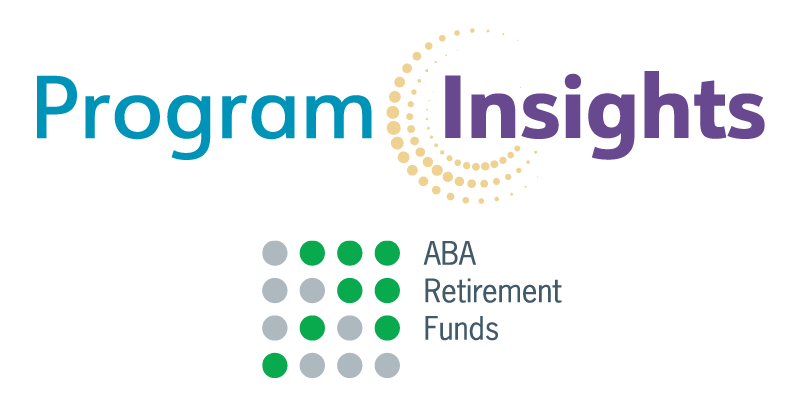
Generally, when you turn 65 you must enroll in Medicare to avoid certain costly penalties. But Medicare is not free for retirees, and it may not cover what you might be used to if you previously purchased comprehensive benefits through your employer.
If you are one of a growing number of Americans with a Health Savings Account (“HSA”), here are three things that will be helpful to understand about an HSA and Medicare before you turn age 65.
1. Medicare enrollees can’t fund their HSAs
Once you enroll in any part of Medicare, you can no longer contribute to your HSA.
2. You can still reimburse qualified expenses tax-free
Even though you won’t be able to make additional contributions to your HSA account, you can still take distributions from your HSA account on a tax-free basis to reimburse your qualified medical expenses until you exhaust your balance.
3. You may be able to reimburse some Medicare premiums tax-free
While Medicare is an important component of affording your future healthcare needs, it does not cover everything and participating in Medicare will include out-of-pocket costs. Some of those costs can be reimbursed using your HSA account balance.
For more information about Medicare, visit medicare.gov or check out our article: Common Questions and Answers about Medicare




